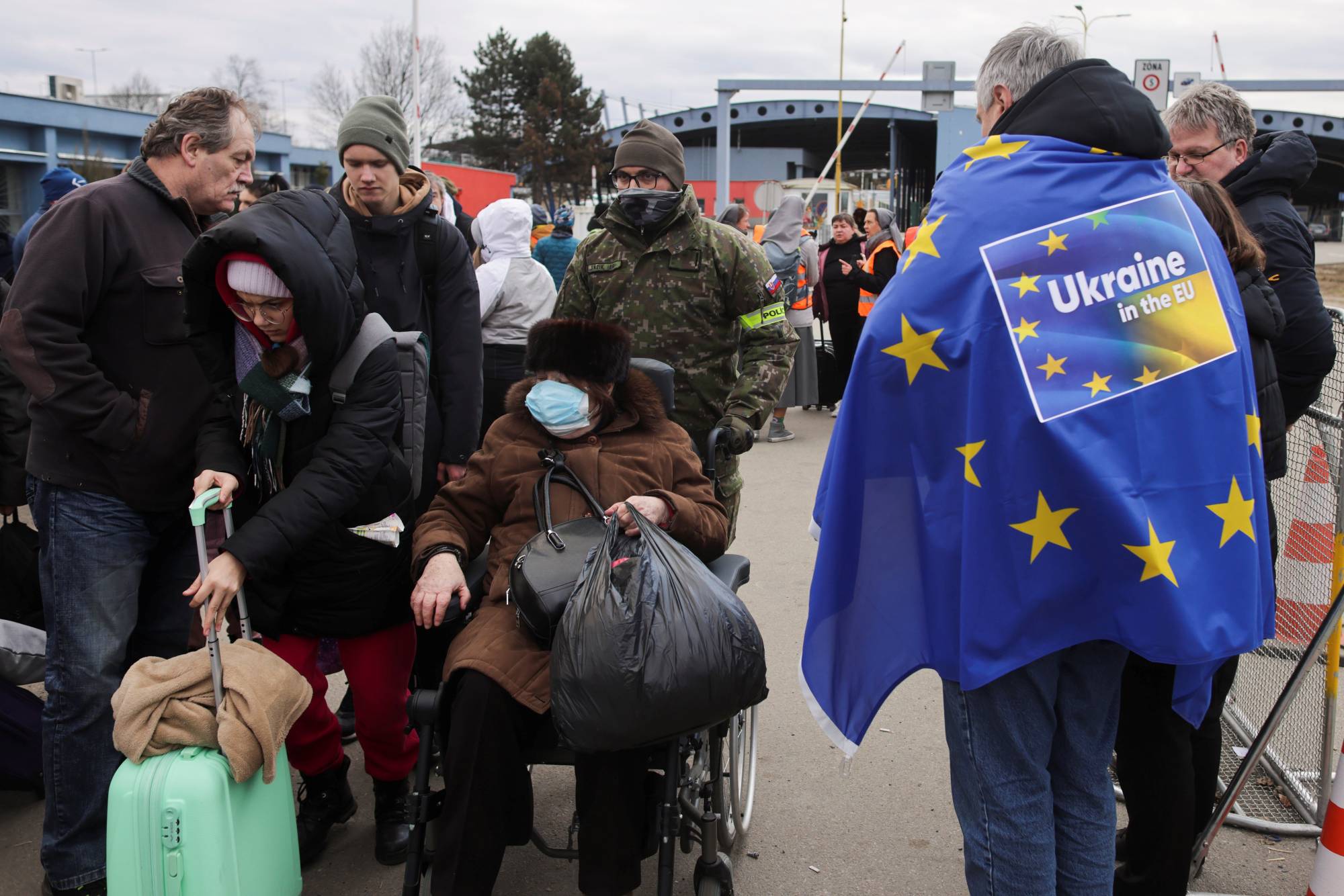"When a stranger resides with you in your land, do not molest him,” a credible authority tells the Israelites in Leviticus. "You shall treat the stranger who resides with you no differently than the natives born among you; for you too were once strangers in the land of Egypt.”
The tension God was referring to is timeless. We all may one day need to flee from injustice, tyranny, violence, hunger or other calamities. And then we’ll need help. In turn, even if we’re lucky enough (for now) to live in stability, we should offer asylum to those fleeing to us. And yet we often don’t.
For the first time ever, more than 100 million people worldwide have been "forcibly displaced,” in the jargon of the UNHCR, the refugee agency of the United Nations. Millions of Ukrainian women and children have fled from Russia’s war of aggression in just the past three months. Millions more — often less conspicuous in the Western media — have run from violence in places like Ethiopia, Burkina Faso, Myanmar, Afghanistan or the Democratic Republic of the Congo.

















With your current subscription plan you can comment on stories. However, before writing your first comment, please create a display name in the Profile section of your subscriber account page.